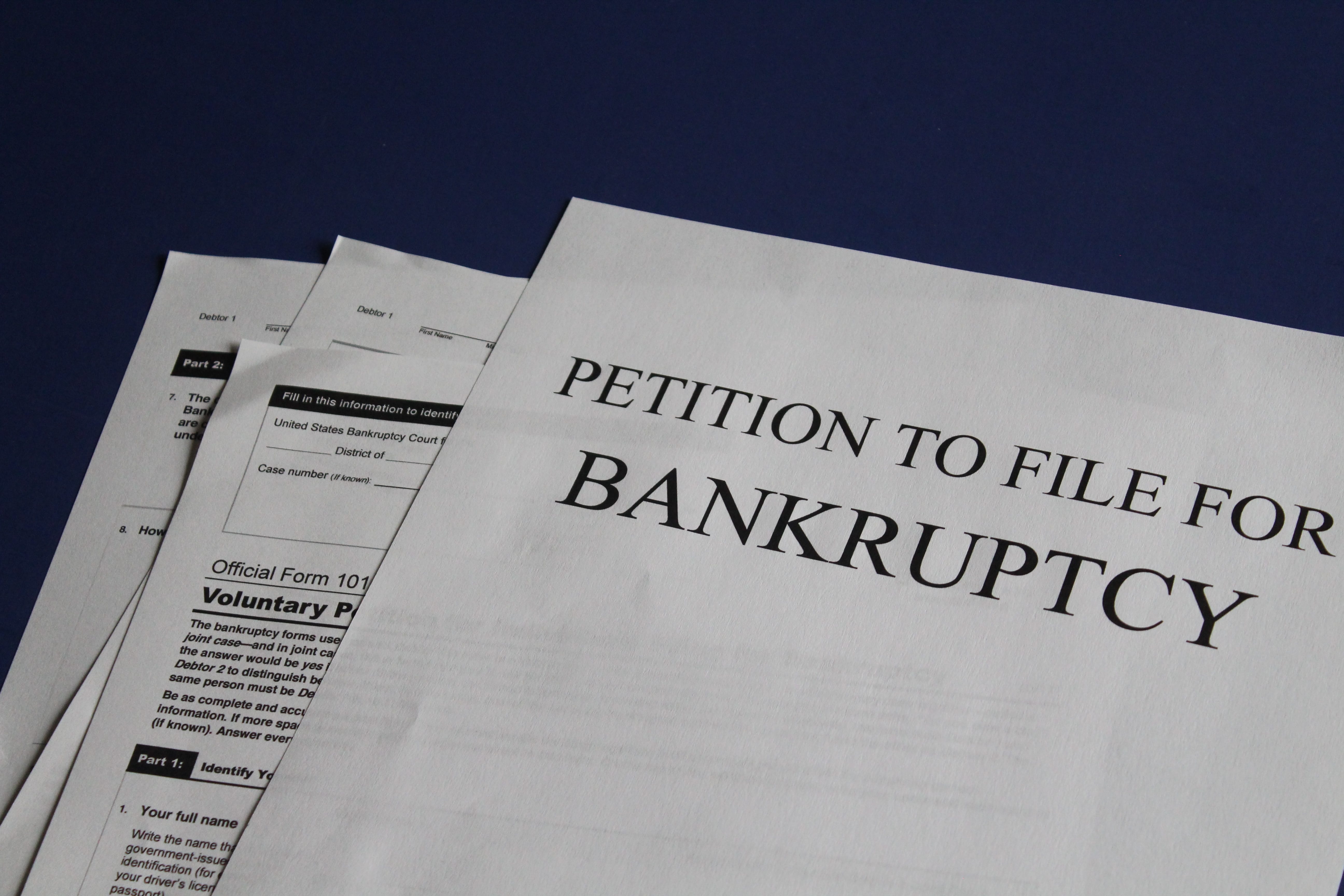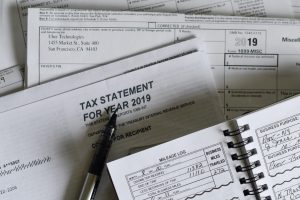Every year, the IRS sends tens of thousands of deficiency notices, demand letters, and other “Dear Taxpayer” correspondence.
Unless you earn more than $1 million a year, the IRS audit rate is about 1 percent. Even if you make more than that, the audit rate isn’t much higher. Therefore, many people think they can escape what one court called the “steely gaze of the IRS.” But not so fast. Yes, the formal audit Rate is almost nothing. But informal audits have taken up the slack. Every year, the IRS sends tens of thousands of deficiency notices, demand letters, and other “Dear Taxpayer” correspondence.
So, if you owe back taxes, perhaps because you are a freelancer who fell behind on estimated tax payments, it’s only a matter of time before the IRS catches up with you. A number of IRS relief programs are available, but not everyone qualifies for them. On the other hand, almost everyone qualifies for help from an Athens bankruptcy lawyer.
Discharge in a Chapter 7
Essentially, taxes are statements for services rendered. Those “services” might not exactly be what you wanted, but the bill is due anyway. Most unsecured debts are dischargeable in a Chapter 7, unless there is clear evidence of bankruptcy fraud. However, in terms of bankruptcy, back taxes are in a separate category. These obligations are priority unsecured debts which are only dischargeable in some situations. The applicable rules are:
- Income Tax: Only 1040-type income taxes are dischargeable. Therefore, discharge applies to most personal income taxes and a few partnership or sole proprietorship income taxes. Property taxes, trust tax payments, and anything else are not dischargeable at all. This point is usually not an issue, but since the Bankruptcy Code does not define “income tax,” the IRS usually has the last word in this area.
- No Fraud: Tax fraud could be intentional or even malicious. However, it could also be accidental. If the taxpayer did not include an income stream, the IRS usually cries fraud. Similarly, if the taxpayer made a series of small errors, the IRS will probably not believe that the mistakes were coincidental.
- Three Years: The taxes to be discharged must be at least three years old. Tax Day is often not April 15. That’s significant, because the IRS has successfully objected to discharge because the taxes were a day or two shy of three years old.
- Two Years: The relevant returns must have been on file for at least two years. Things get a bit murky if the taxpayer filed original returns and then, several months or years later, filed amended returns.
- 240 Days: If the IRS has assessed (calculated) the debt within the last eight months, the tax debt is not dischargeable. Normally, if a letter includes the total amount due, the IRS probably assessed the debt.
Student loans are the other major priority unsecured obligation. Education debt is dischargeable if the debtor has an undue hardship, an amorphous phrase which means different things in different states.
Repayment in a Chapter 13
The assessment rule often torpedoes discharge claims. Once an account gets on the IRS’ radar, the Service rarely goes more than a few months without sending a letter. An Athens bankruptcy lawyer can absolutely determine if the IRS has assessed the debt, usually by closely examining a tax transcript.
If Chapter 7 is not in the cards, Chapter 13 is often much better than an IRS-sponsored repayment plan. Pretty much everyone qualifies for Chapter 13, as long as their past-due taxes and other unsecured debts do not exceed $400,000. Moreover, bankruptcy’s Automatic Stay usually prohibits the IRS from taking any adverse action, including the assessment of penalties and interest, during the protected repayment period.
This period usually lasts either three or five years, largely depending on your income. Every month, debtors give their disposable income to a bankruptcy trustee. The trustee then distributes this money among allowed claims. “Allowed claims” usually includes secured debt arrears, certain unsecured debt arrears, like back taxes, and administrative fees.



Join the conversation!